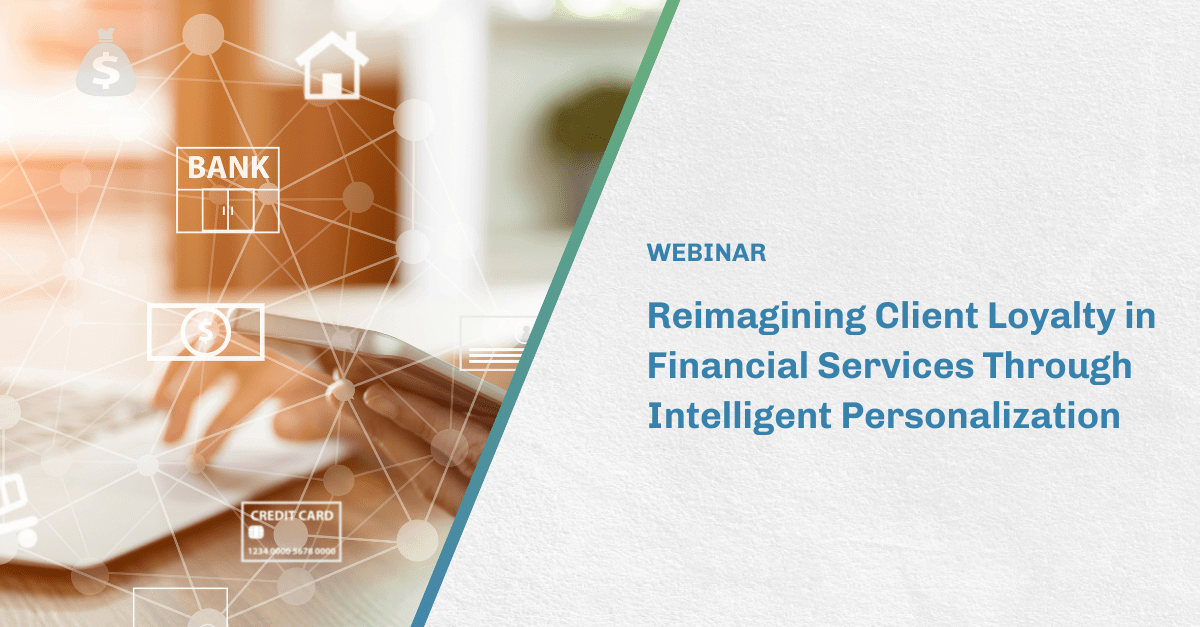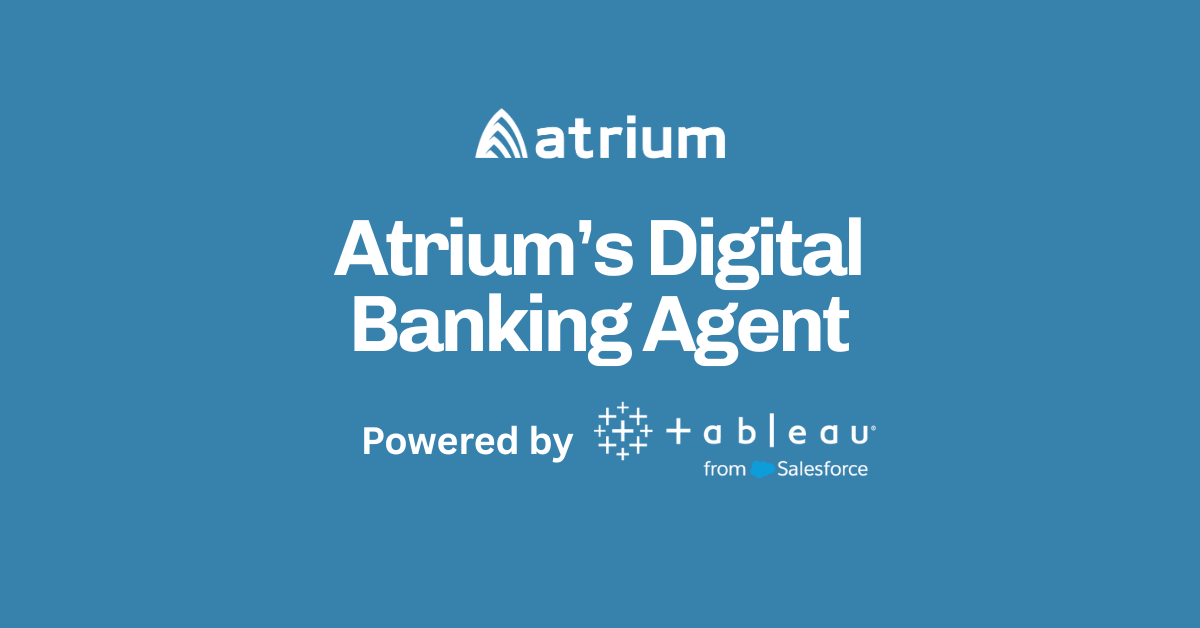In today’s data-driven world, organizations have access to massive amounts of data that can provide valuable insights and drive informed decision-making. Embarking on a data or analytics project like implementing Salesforce Data Cloud can be an especially exciting endeavor for organizations. It holds the promise of unification, valuable insights, and informed decision-making that can be surfaced in Tableau or CRM Analytics and actioned on directly in Salesforce.
However, organizations may face certain concerns when it comes to data utilization, AI adoption, and the two major obstacles that need to be addressed and overcome in order to make progress in leveraging data effectively.
Obstacle #1: The perfect data fallacy
One of these obstacles is the common misconception that data must be perfect before initiating projects, which hinders progress. Many organizations tend to wait for flawless data — an elusive and unreasonable pursuit. In reality, data is often messy, incomplete, or contains errors or redundancies. Understanding and accepting this imperfection is the first step toward unlocking the true potential of your data.
The key lies in simply getting started with data projects, even with imperfect data. By taking the first step, organizations can identify problem areas and uncover opportunities for improvement. As data is analyzed and insights are generated, discrepancies and data quality issues become apparent. This process provides valuable feedback that can be used to refine data intake processes, ensuring continuous improvement over time.
Also, organizations should embrace an iterative approach to their data journey. Starting small and gathering insights allows for incremental progress. Data processes can be refined with each iteration, and gaps in the data can be identified, leading to enhanced data quality, accuracy, and reliability. With the right partner, this iterative approach enables organizations to unlock the true potential of their data, rather than being stuck in an endless pursuit of perfection.
Obstacle #2: Ethical data handling
The second and more complex hurdle lies in effectively managing data to prevent misuse, which can result in severe consequences such as fines, scandals, and concerns regarding privacy and ethics. This challenge is particularly critical in the financial services industry, where ethical institutions are entrusted with extensive amounts of personal and financial data, including sensitive information like individuals’ bank account details, transaction history, investment portfolios, credit histories, and transaction records. Mishandling or exploiting such data can have far-reaching ramifications, impacting both individuals and the financial institutions themselves. Potential fines and reputational damage loom large in this sector. To ensure financial stability and uphold their reputation, organizations must prioritize compliance with data protection regulations and adhere to ethical data practices in managing this highly sensitive information.
Mitigating risks associated with AI in financial services today
Establishing an institutional review board (IRB) can ensure ethical data practices within organizations. Corporate IRBs serve as early-warning systems and help guide ethical decision-making. AI technologies amplify the risks of data abuse, and AI-driven decisions should be subject to ethical scrutiny. AI’s ability to profile individuals based on limited data raises privacy and ethical concerns. Omitted-variable bias and inappropriate contextualization can lead to erroneous or morally questionable usage of AI-based predictions.
Unethical data practices can erode customer trust, a crucial asset in the financial services industry. Customers expect their financial data to be handled with the utmost care and confidentiality. Breaches of this trust can result in a loss of customers, a damaged brand reputation, and a decline in business opportunities. In order to avoid any such fallout, financial services firms need to prioritize responsible data governance and establish robust frameworks for data protection and ethical handling practices.
The 5 Ps of Ethical Data Handling
To demonstrate their commitment to responsible data practices, financial institutions can embrace the Five Ps of Ethical Data Handling. According to Harvard Business Review, the Five Ps of Ethical Data Handling offer a comprehensive framework that ensures responsible and transparent data practices. By incorporating these principles into data management processes, organizations can foster a culture of ethics, integrity, and accountability, promoting the responsible use of data for the benefit of all stakeholders involved. While there are variations in the specific terms used, the following breakdown applies to the Five Ps.
#1: Provenance
Provenance focuses on establishing the origin and history of the data. It ensures data integrity, traceability, and transparency in data collection, storage, and sharing practices. Organizations should be able to demonstrate the reliability and accuracy of the data they handle by asking themselves:
- What is the source of the data?
- Has the data been acquired legally?
- Was proper consent obtained for the collection of this data?
#2: Purpose
Purpose refers to clearly defining the intended use of the data. Organizations should have a legitimate and well-defined purpose for collecting and processing data, ensuring that it aligns with legal and ethical boundaries. When collecting and processing data, organizations should address the following inquiries:
- Are there any plans to repurpose the data?
- Would the original data source consent to its use for a different purpose than initially stated or implied?
- If dark data is utilized to measure system activity or customer behavior, will its usage adhere to the original mandates of its collection?
#3: Protection
Protection refers to safeguarding data against breaches, unauthorized access, or misuse. It involves implementing security measures, encryption, access controls, and regular data backups to mitigate risks and vulnerabilities. Organizations should consider the following aspects:
- What measures are in place to protect the data?
- What is the anticipated availability duration of the data for the project?
- Who holds the responsibility for data destruction when it is no longer needed?
#4: Privacy
Privacy emphasizes the importance of protecting individuals’ personal information and maintaining confidentiality. Organizations should implement appropriate security measures to safeguard data from unauthorized access, use, or disclosure. Pertinent questions include:
- Which individuals or entities will have access to personally identifiable data?
- What methods are employed to anonymize individual observations in the data set?
- Who will be granted access to the anonymized data?
- How is the management of missing data and variables being handled?
#5: Preparation
Preparation in ethical data handling refers to the process of cleaning, verifying, and managing data to ensure its quality, accuracy, and readiness for analysis. It involves improving data integrity, handling missing variables, and combining datasets while preserving anonymity. Key considerations for ethical data handling include:
- What methods were used to clean the data?
- Are the data sets being merged in a manner that maintains anonymity?
- How is the accuracy of the data being assessed and, if needed, enhanced?
- How are missing data and variables being managed and addressed?
Bonus P: Partnership
Partnership emphasizes collaboration and accountability in data handling. It involves fostering trust with individuals whose data is being collected and establishing partnerships with stakeholders, regulators, and the broader community to ensure responsible and ethical data practices.
- What measures are in place to improve ethical data practices based on feedback and concerns?
- How will the institution build trust and maintain transparency with individuals/entities whose data is being collected?
- What partnerships (with relevant stakeholders, regulators, and the broader community) will the financial institution establish for ethical data practices?
- How will the financial institution ensure data handling accountability, internally and in collaboration with external partners?
Ethical data handling is more than a legal reality — it’s a competitive advantage
In addition to the Five Ps, fostering cross-functional partnerships is vital in ethical data handling as no institution can do this in a vacuum. Collaboration, accountability, and establishing trust with data providers and relevant stakeholders are key aspects of responsible data practices.
Ultimately, ethical data handling is not just a legal obligation for financial institutions; it is a critical factor in maintaining a competitive edge and ensuring long-term success in today’s data-driven financial landscape. Responsible data practices not only protect individuals’ privacy and rights, but they also help organizations avoid reputational damage and regulatory penalties.
Watch our on-demand webinar featuring industry experts from Salesforce, Snowflake, and Atrium and learn how financial services firms are realizing the value of customer data ethically and strategically. Reach out to discuss how we can help you take the next steps with your data strategy and systems.








